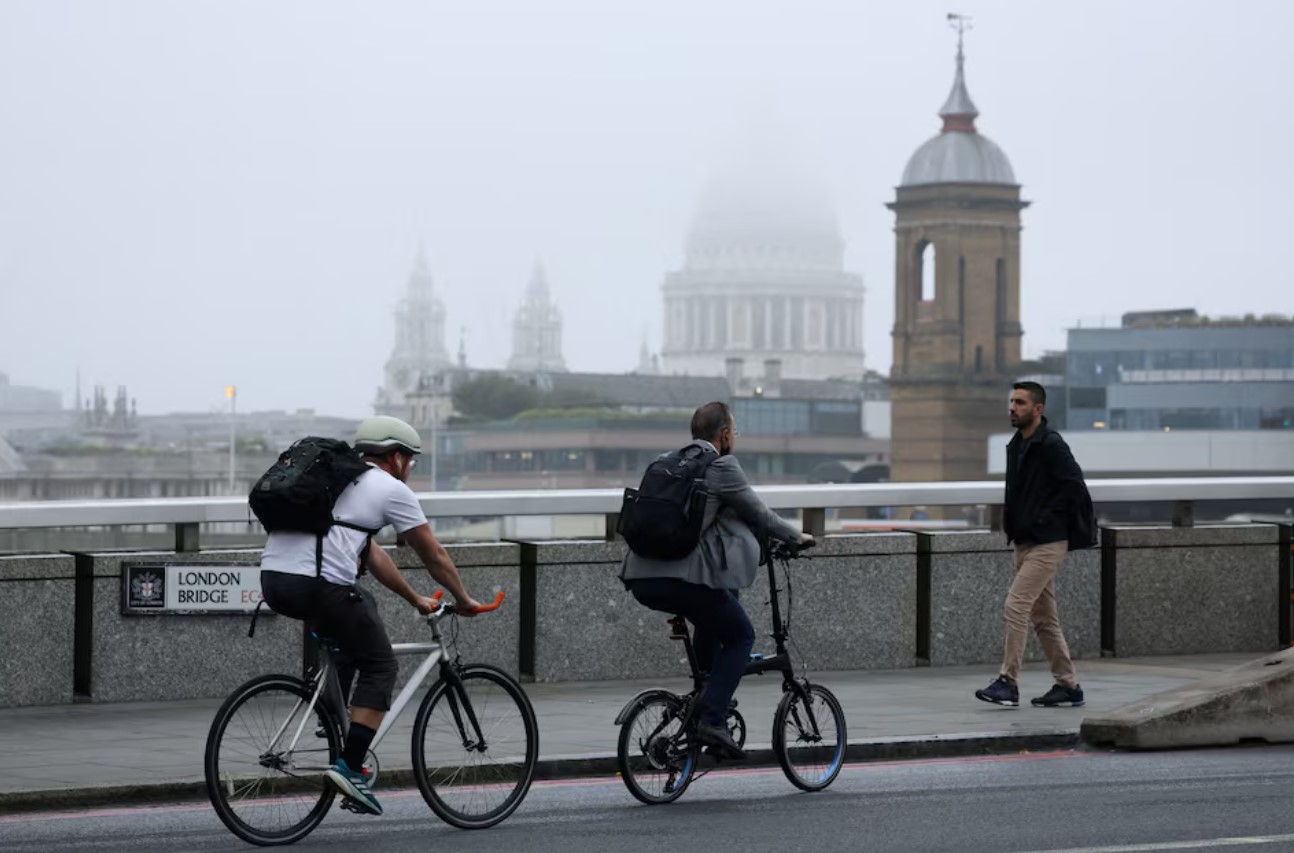Living standards in Britain look set to barely grow over the rest of the decade and poorer households are likely to suffer a drop, in part due to a welfare squeeze, according to a report published by a think tank on Thursday.
Median household incomes after taxes, benefits including pensions and housing costs are on course to rise by a total of just 1 per cent more than inflation by the 2029/30 fiscal year, the Resolution Foundation said. Lower-income families are expected to see a 1 per cent fall.
Typical households paying mortgages will see incomes fall by 1 per cent as the impact of higher interest rates feeds through to more borrowers. By contrast, people who own their homes outright are set to see their incomes grow by 3 per cent, the foundation said.
The biggest winners are likely to be pensioners with their incomes forecast to rise by 5 per cent. Families with children are set to have no income growth.
Adam Corlett, principal economist at the think tank, said the forecasts could prove to be too gloomy if the economy grows more quickly than expected. Low-income households would benefit if the government scraps a two-child limit on some family benefits, he said.
The limit was introduced by the previous Conservative government. Prime Minister Keir Starmer is considering ditching it. However, he has said he will not reverse plans to make it harder for people to claim long-term sickness and disability benefits which have run into opposition within his Labour Party.






Click here to change your cookie preferences